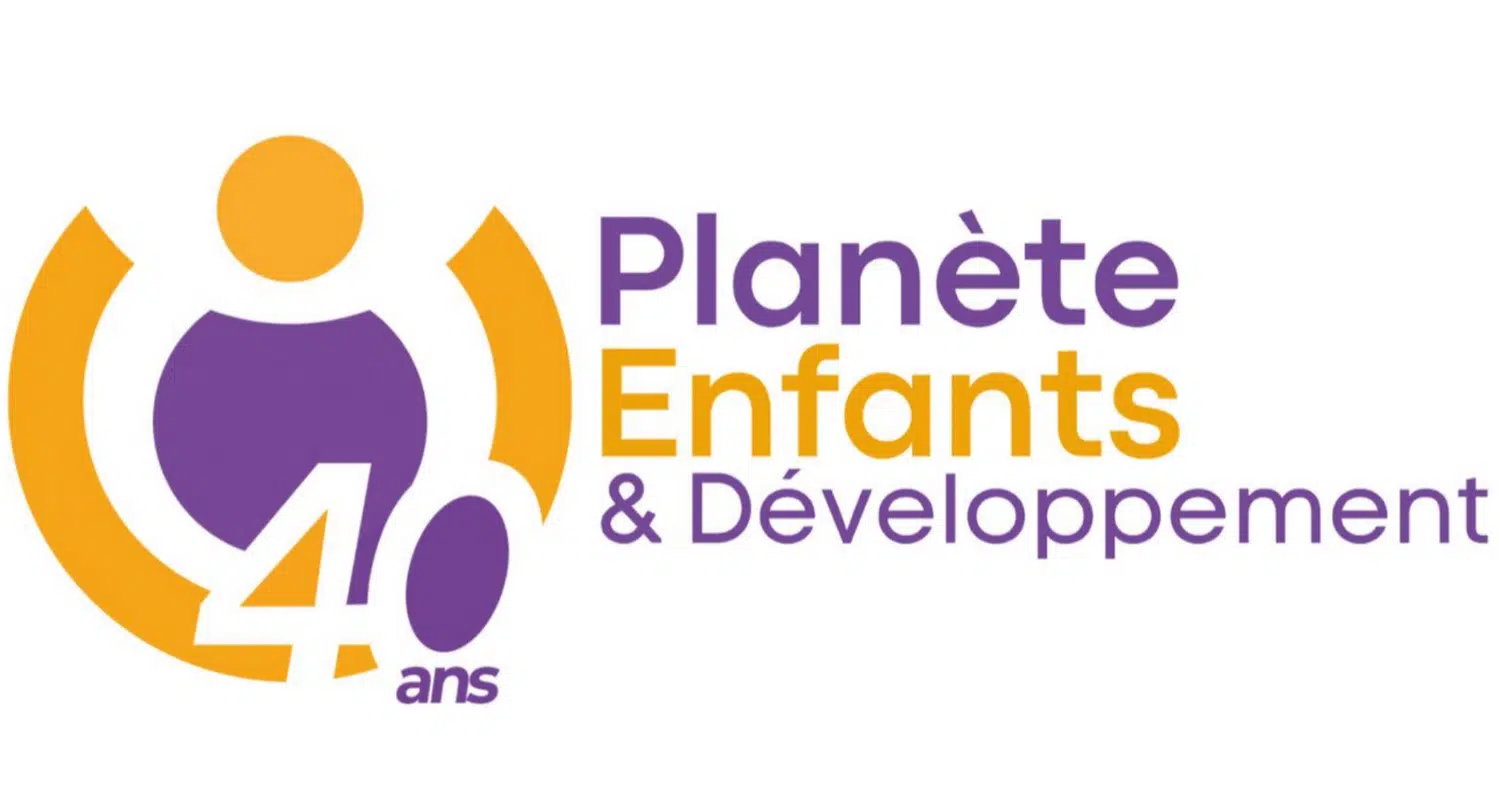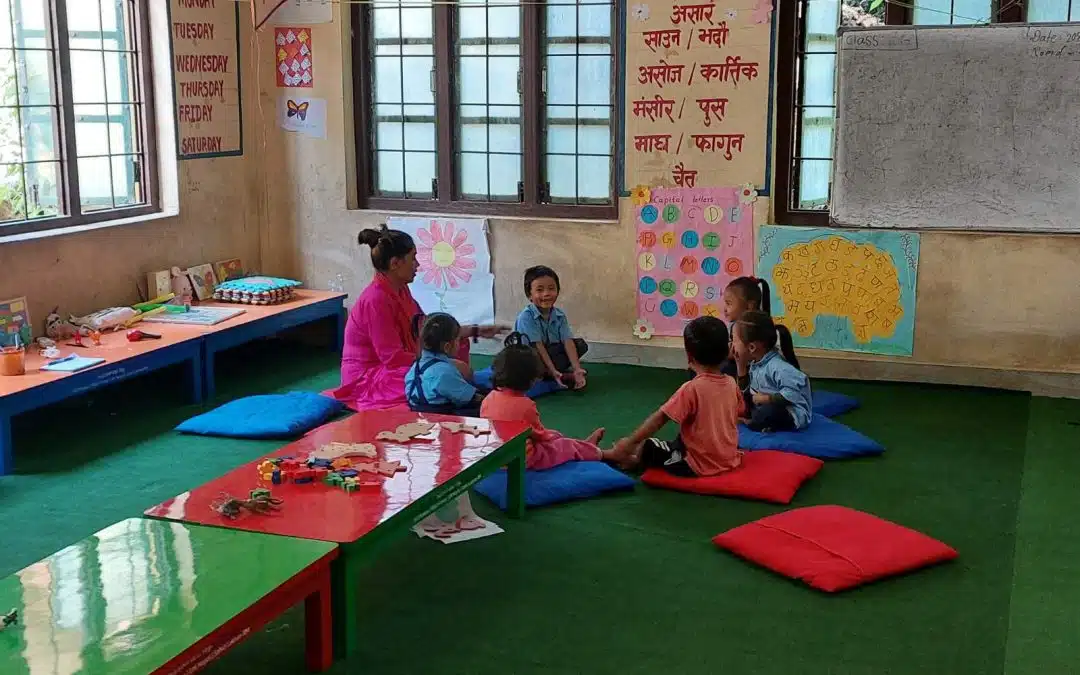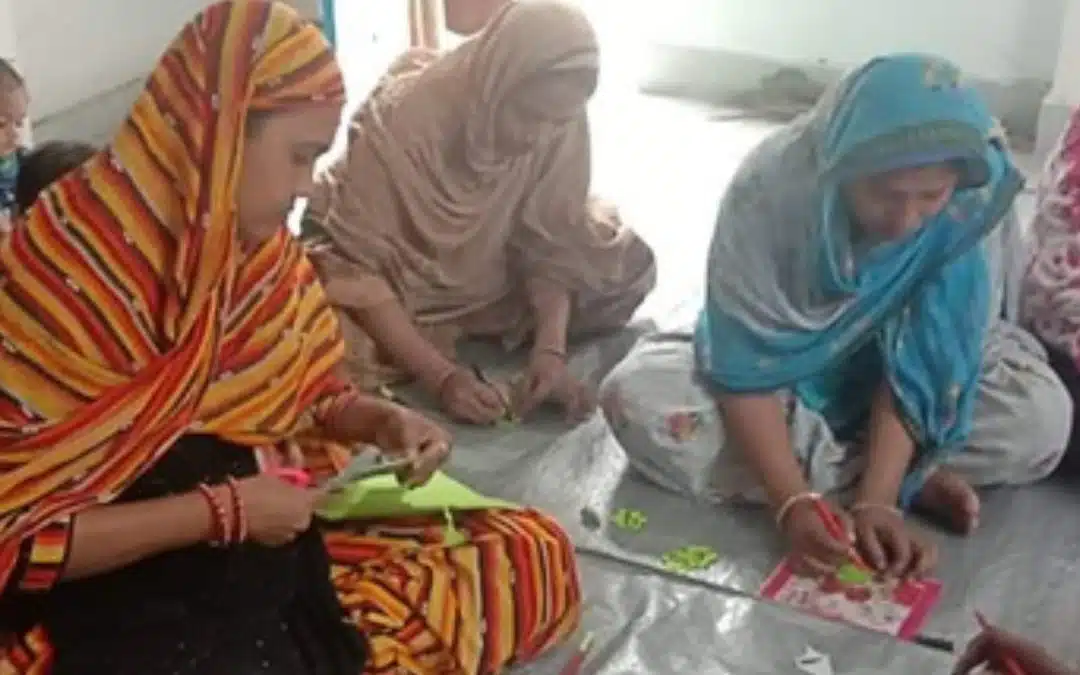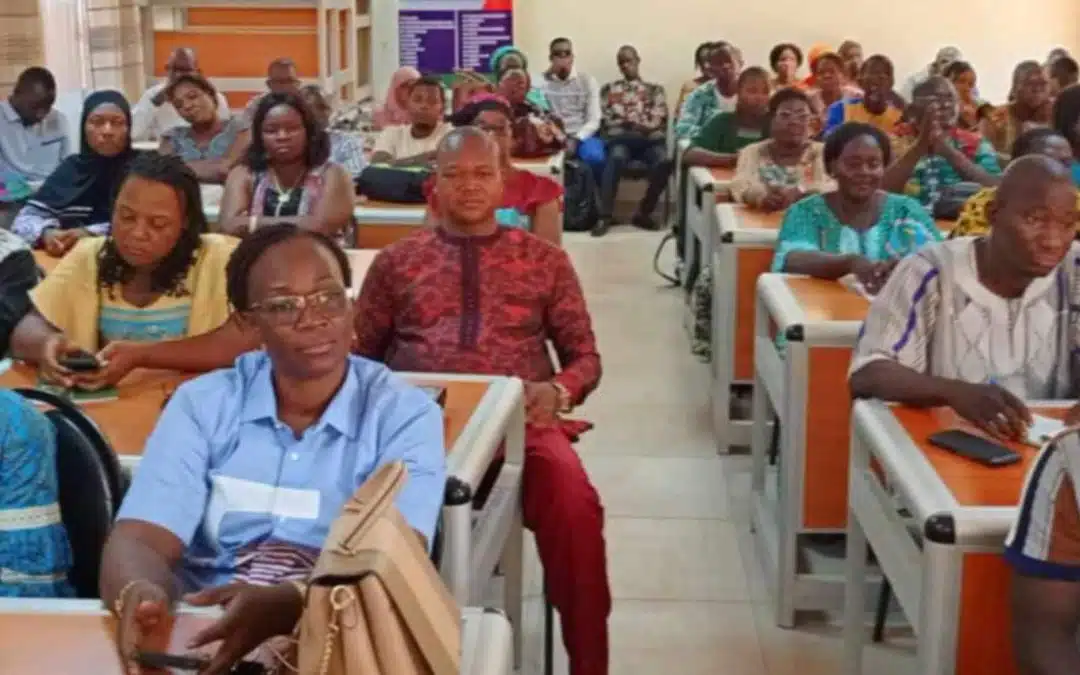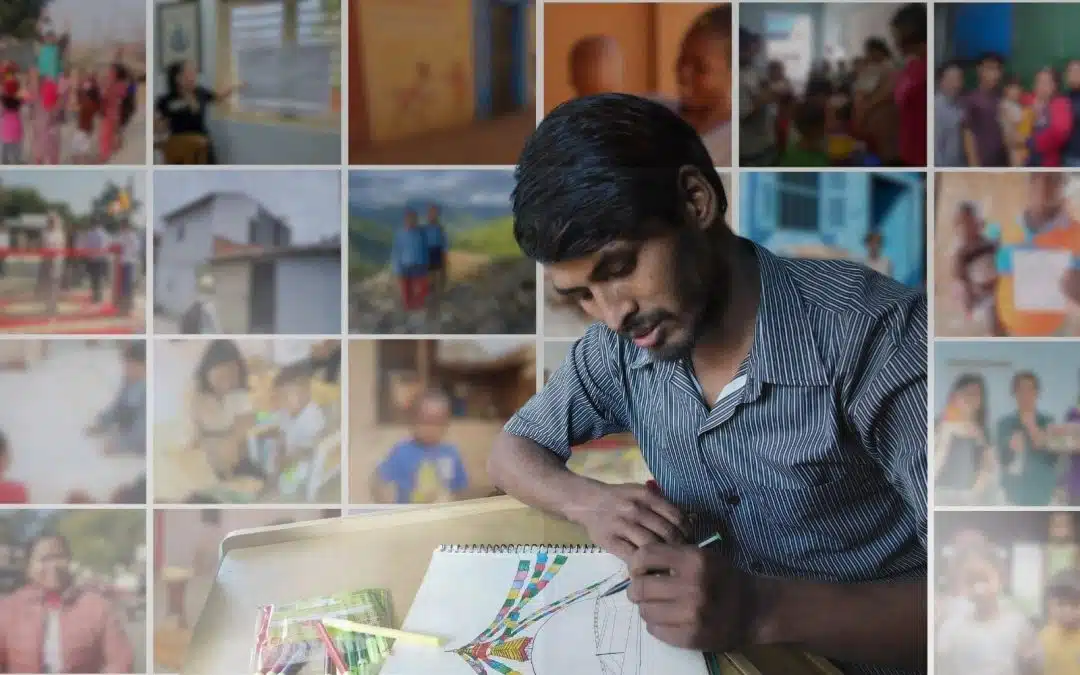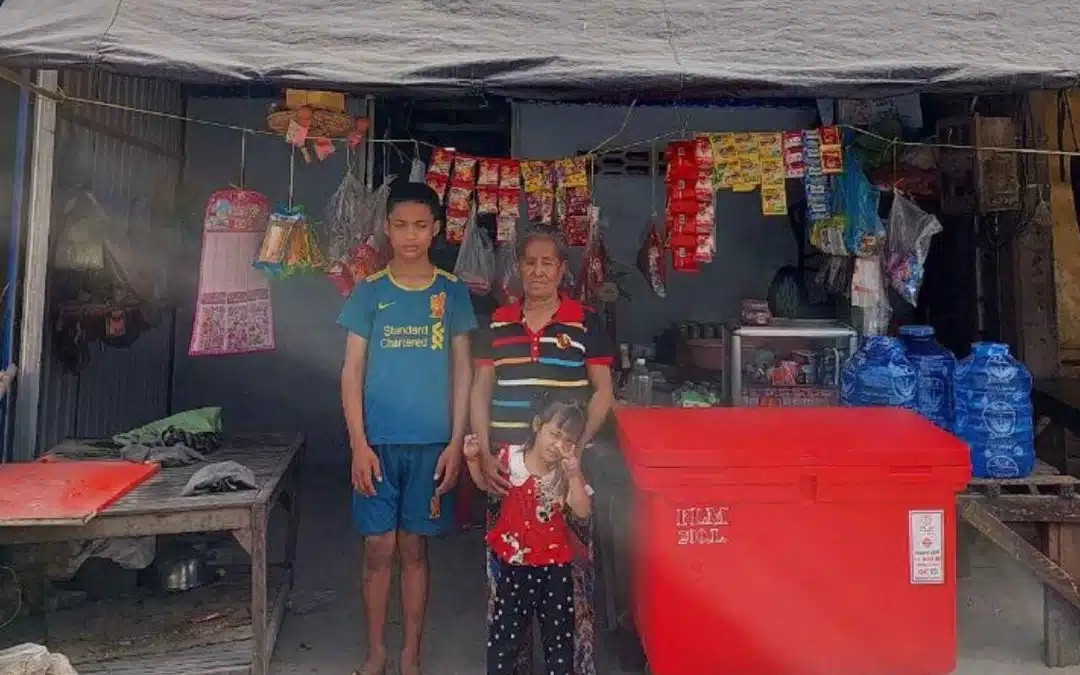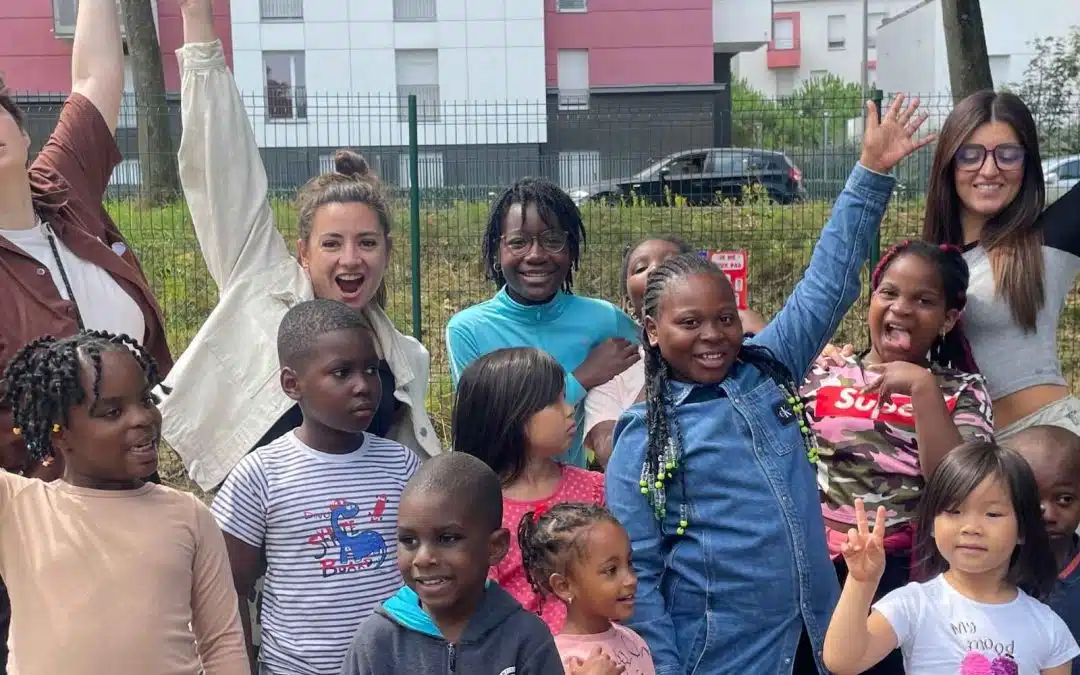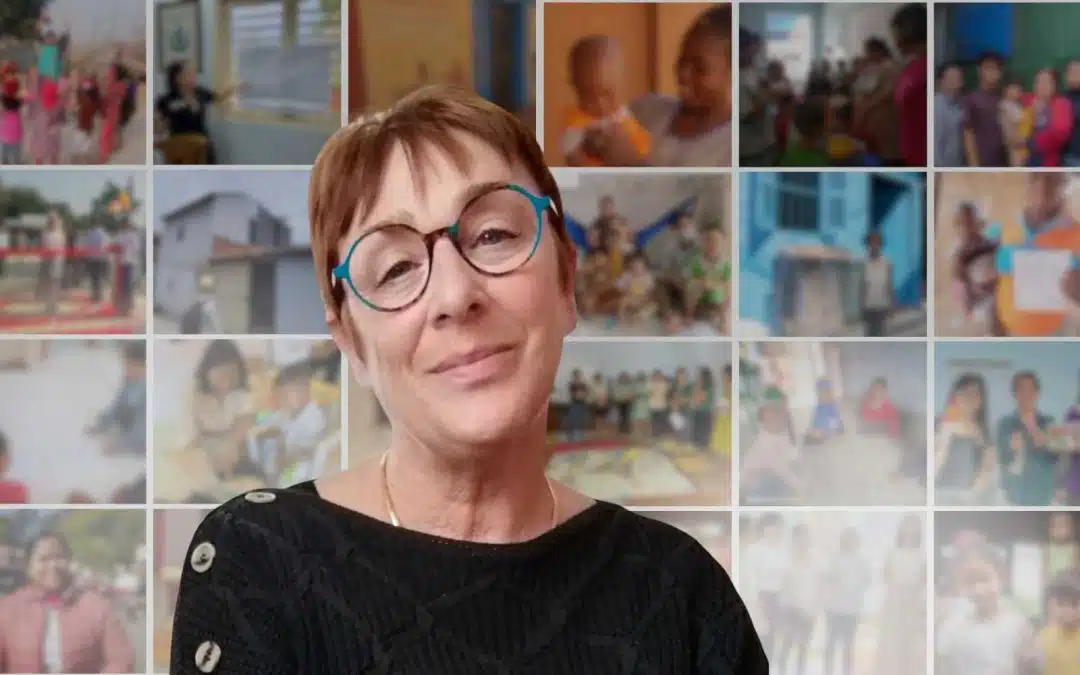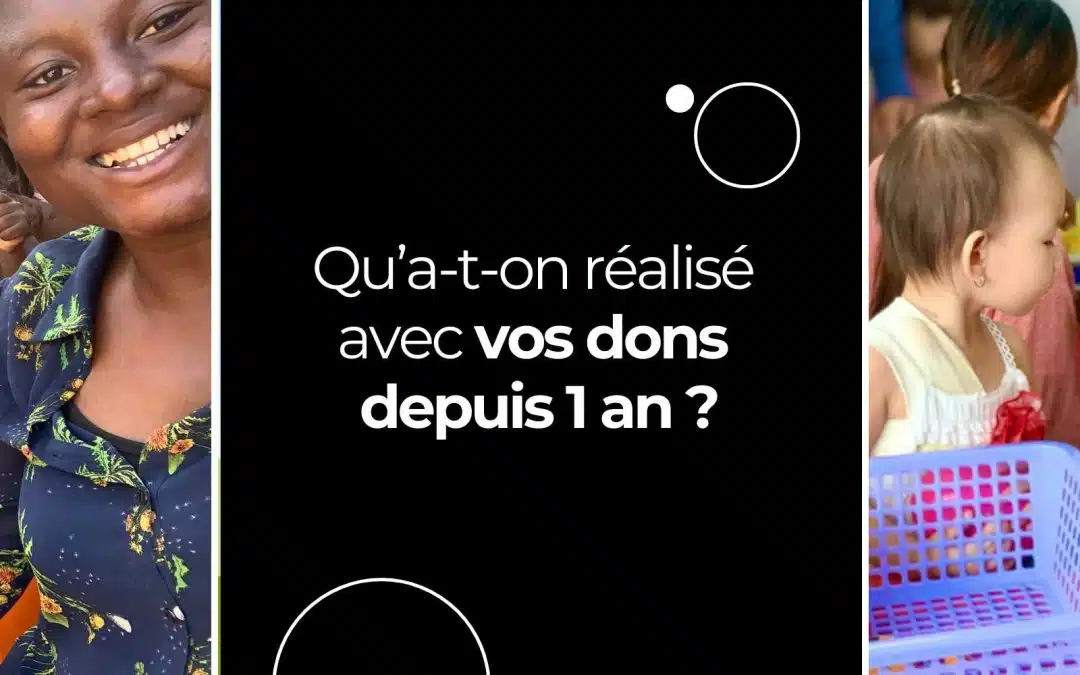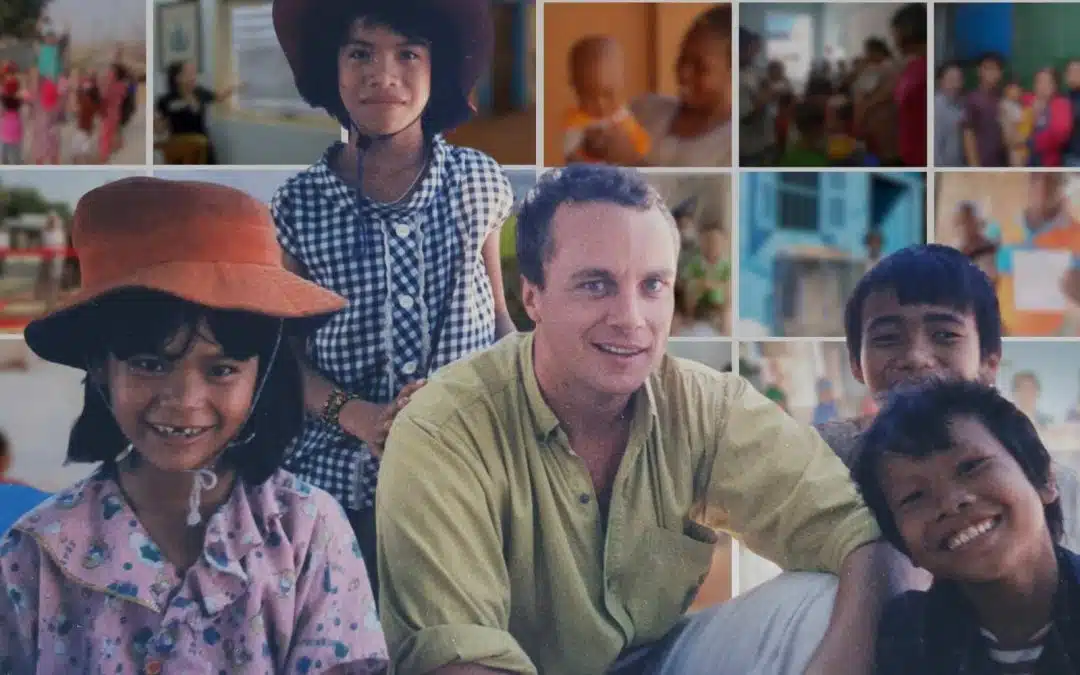[vc_row type= »in_container » full_screen_row_position= »middle » scene_position= »center » text_color= »dark » text_align= »left » overlay_strength= »0.3″][vc_column column_padding= »no-extra-padding » column_padding_position= »all » background_color_opacity= »1″ background_hover_color_opacity= »1″ width= »1/4″ tablet_text_alignment= »default » phone_text_alignment= »default »][image_with_animation image_url= »2182″ alignment= » » animation= »Fade In » box_shadow= »none » max_width= »100% »][/vc_column][vc_column column_padding= »no-extra-padding » column_padding_position= »all » background_color_opacity= »1″ background_hover_color_opacity= »1″ width= »3/4″ tablet_text_alignment= »default » phone_text_alignment= »default »][vc_column_text]Un nouveau projet pilote pour identifier et prévenir les risques liés au changement climatique pour les communautés urbaines vulnérables de Phnom Penh au Cambodge.
Since April 2016, Planète Enfants & Développement has been supporting the Cambodian association SKO to implement an innovative pilot to support vulnerable urban communities in identifying and preventing climate change-related risks. The project aims to build the capacity of community groups and then to support them in developing and financing action plans specific to each community, according to the risks identified. In particular, it aims to finance community initiatives to secure housing and water and sanitation systems, and to encourage communities to establish response plans for natural disasters such as floods, fires and droughts.
As part of this project, at the end of 2016, SKO and Planète Enfants & Développement teams visited the Praek Takong 1 community to map the area, alongside 10 community members trained in natural disaster risk assessment. This community is particularly prone to flooding. The map will list and locate suitable or unsafe habitats, following the PASSA (Participatory Approach for Safe Shelter Awareness) methodology. The results will be posted on a board in the village to inform all 300 residents of the community. Solutions will then be explored during the next PASSA training sessions organized by SKO in the community[/vc_column_text][/vc_column][/vc_row].
